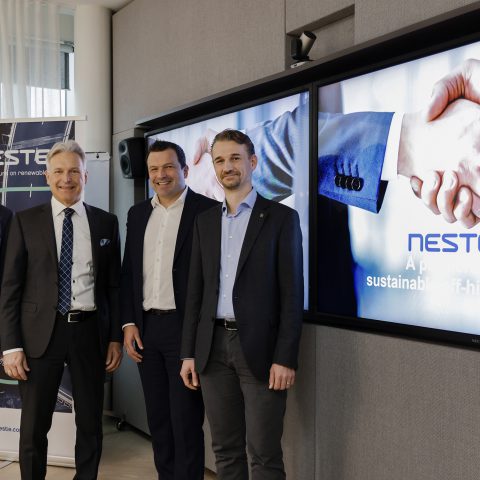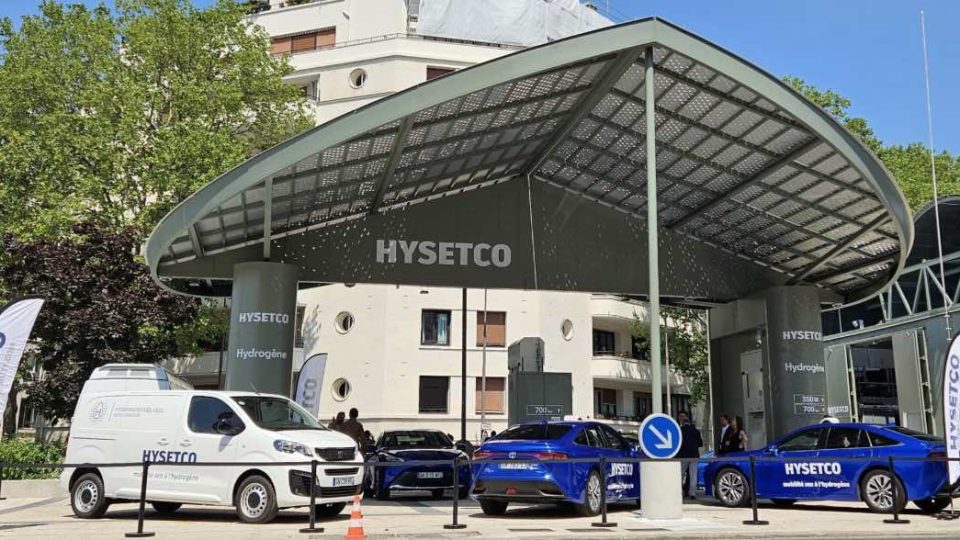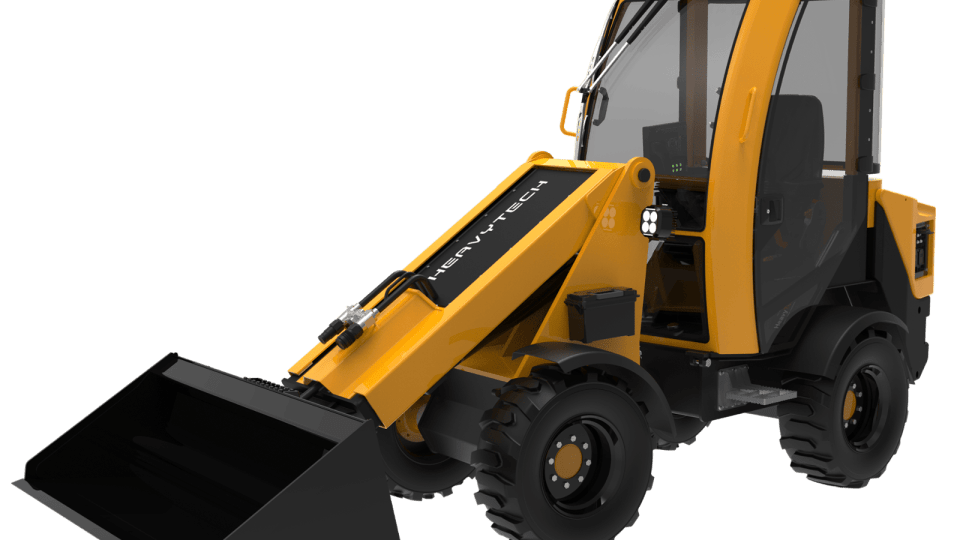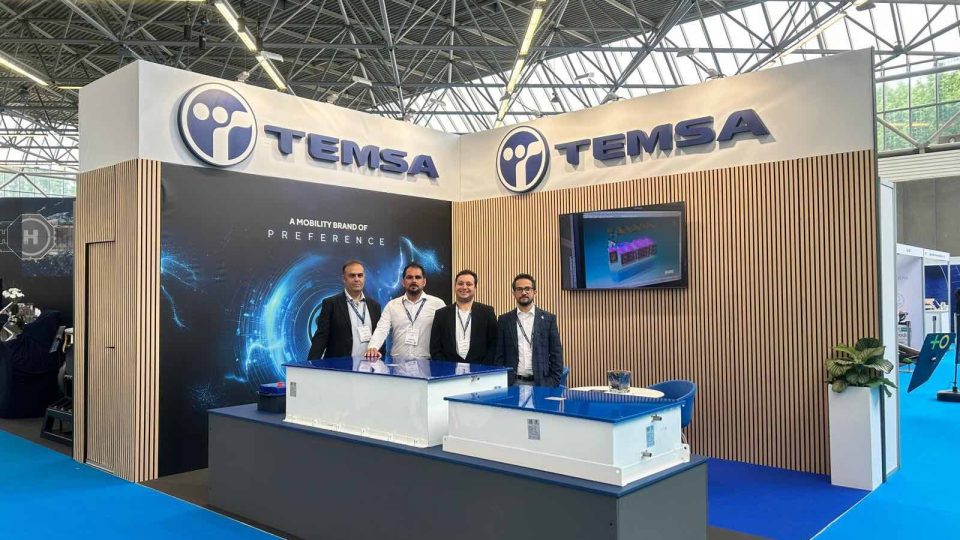Rolls-Royce and the implementation of sustainable fuels
Rolls-Royce and Neste have signed a Memorandum of Understanding to build a strategic partnership on the implementation of sustainable fuels for diesel engines. The German company is also taking an important step towards a more climate-friendly future in construction equipment, industrial applications, agriculture and mining with the approval of mtu Series 1000, 1100, 1300, 1500 and 4000 engines for sustainable fuels.

Rolls-Royce and Neste have signed a Memorandum of Understanding to build a strategic partnership on the implementation of sustainable fuels for diesel engines. Both companies share a common vision: that sustainable fuels will play a key role in reducing greenhouse gas emissions in off-highway applications. The main components of the agreement are: promoting the use of existing internal combustion engines for sustainable fuels; advancing the transition from fossil fuels to sustainable fuels; and knowledge sharing on high-quality renewable diesel (HVO).
Tobias Ostermaier, President – Stationary Power Solutions, within the Rolls-Royce business unit Power Systems, which makes engines under the mtu brand, said: “Through our ‘Net Zero at Power Systems’ sustainability program, we have committed to realigning our mtu product portfolio so that by 2030, sustainable fuels and new mtu technologies will reduce greenhouse gas emissions by 35 percent compared to 2019. This near-term target plays an important role in helping the whole of Rolls-Royce realise its net zero ambitions. Our agreement with Neste, the world’s leading producer of renewable diesel, will help us achieve our goals and those of our customers.”
‘Neste MY Renewable Diesel’ is produced from 100% renewable raw materials. Lars Peter Lindfors, Senior Vice President Innovations at Neste, said: “With ‘Neste MY Renewable Diesel’ greenhouse gas emissions can be reduced by as much as 75% to 95% when emissions over the fuel’s life cycle are compared with fossil diesel. Companies can reduce their climate emissions significantly in an instant by just changing the fuel.”
Michael Stipa, Vice President Stationary Strategy, Business Development and Product Management for the Power Systems division of Rolls-Royce, said: “Since May 2022, Rolls-Royce has approved mtu diesel engines for Power Generation for renewable diesel (also known as HVO) and other EN15940 fuels. The tests we have done show an up to 90% greenhouse gas reduction, up to 80% less particulate emissions and an average of 8% nitrogen oxides reduction. All our tests revealed full performance without modifications to the engines.” Power Systems is gradually releasing its main mtu engine series for sustainable fuels such as HVO and e-diesel for use in other applications such as rail, marine and the construction industry.
Rolls-Royce: sustainable fuels in mtu engines for construction equipment, industrial applications, agriculture and mining
Rolls-Royce is taking an important step towards a more climate-friendly future in construction equipment, industrial applications, agriculture and mining with the approval of mtu Series 1000, 1100, 1300, 1500 and 4000 engines for sustainable fuels. The mtu Series 1000, 1100, 1300 and 1500 engines – and therefore the entire Rolls-Royce product portfolio for these applications – have already been approved for use with EN15940 paraffinic diesel fuels following successful bench testing. This year, many mtu engines for mining applications of the Series 4000 will also be released for the sustainable fuels. Engines for emissions regulations EU Stage V will follow.
Sustainable synthetic fuels include BtL (Biomass to Liquid), HVO (Hydrotreated Vegetable Oil) and PtL (Power to Liquid) such as e-diesel. To convert from conventional diesel fuel made from fossil petroleum to synthetic fuels of the EN15940 standard, no adaptation of existing engines is necessary.
The benefits of HVO
Waste vegetable and animal fats and used vegetable oils can be used as base materials for HVO, which are converted into hydrocarbons by means of a catalytic reaction with the addition of hydrogen. Through this process, the properties of the fats and vegetable oils are adapted to diesel fuel and can supplement it as an admixture or replace it completely. The benefits of HVO are clean combustion with reductions in particulate emissions of up to 80 percent, nitrogen oxide emissions by an average of eight percent, and (depending on the manufacturing process and feedstock) CO2 emissions by up to 90 percent compared to fossil diesel. Because HVO fuel is produced from renewable raw materials, its combustion only generates about as much greenhouse gas as were absorbed by the plants during the growth of the biomass. Thanks to its production from residual and waste materials, there is no competition with food production.











